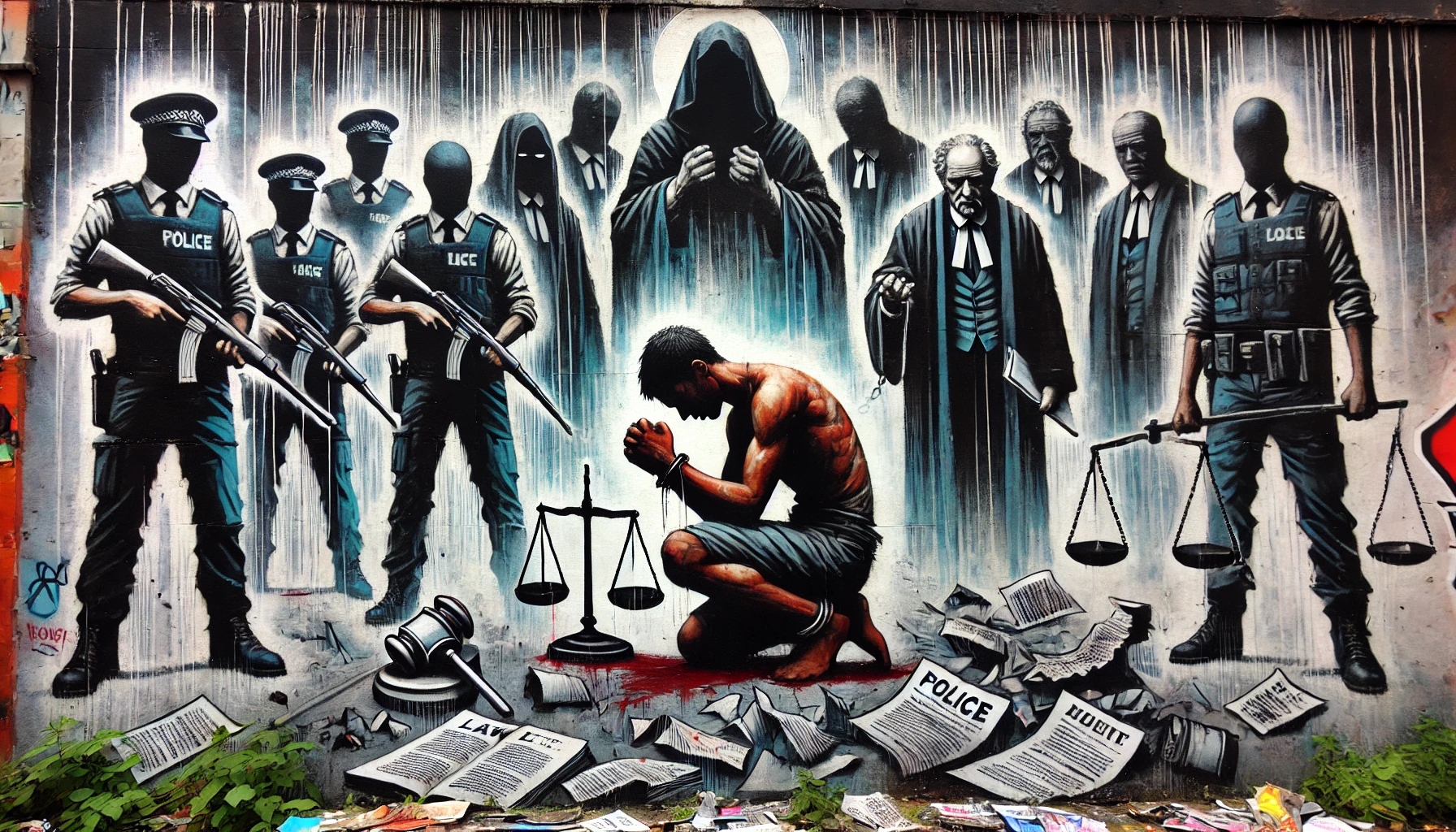The Rise and Fall of Silk Road
Silk Road was revolutionary for its time, using Bitcoin to provide anonymity to its users. Bitcoin’s pseudonymous nature offered some degree of privacy, but it wasn’t foolproof. The transparency of the blockchain meant that transactions could be traced with enough effort, a vulnerability that played a key role in authorities dismantling Silk Road. The marketplace’s shutdown underscored the need for more secure and private methods of conducting transactions on the dark web.
The Evolution of Monero
Following the demise of Silk Road, the search for true privacy led to the creation of Monero, a cryptocurrency designed with anonymity at its core. Unlike Bitcoin, Monero employs advanced cryptographic techniques to obscure transaction details, making it nearly impossible to trace the flow of funds. This enhanced privacy attracted users seeking to shield their activities from scrutiny, particularly in illicit markets.
Innovative Features of Monero
Monero’s appeal lies in its use of ring signatures, stealth addresses, and confidential transactions. Ring signatures mix a user’s transaction with a group of others, obfuscating the true source. Stealth addresses ensure that a unique, one-time address is generated for each transaction, preventing observers from linking transactions to a specific user. Confidential transactions conceal the transaction amounts, adding another layer of privacy. Together, these features make Monero a powerful tool for maintaining financial privacy.
Shifting Market Preferences
As the dark web evolved, so did the preferences of its participants. Bitcoin, once the preferred currency, began losing favor due to its traceability. The shift to Monero was driven by its robust privacy features, which addressed Bitcoin’s shortcomings. Dark web marketplaces increasingly began accepting Monero, and some even required it exclusively for transactions. This shift was fueled by growing awareness of the importance of privacy and security among users.
Impact on Law Enforcement
The rise of Monero has posed significant challenges for law enforcement agencies. Its enhanced privacy features complicate efforts to track and shut down illicit activities. Traditional methods of tracing transactions through the blockchain have proven ineffective, forcing agencies to develop new strategies and techniques. This ongoing cat-and-mouse game between privacy advocates and law enforcement continues to shape the landscape of online illegal trade.
Market Evolution
Post-Silk Road, numerous dark web marketplaces have emerged, learning from the mistakes of their predecessors. These platforms often implement strict security measures and adopt Monero to ensure user anonymity. The evolution of these markets reflects a broader trend toward enhanced privacy and security, driven by the demand for a more covert environment.
Community and Ideological Shifts
The transition from Bitcoin to Monero also reflects deeper ideological currents within the cryptocurrency community. The original cypherpunk ethos—emphasizing privacy, decentralization, and resistance to surveillance—resonates strongly with Monero. Users who prioritize these principles have gravitated toward Monero, fostering a vibrant and ideologically aligned community.











